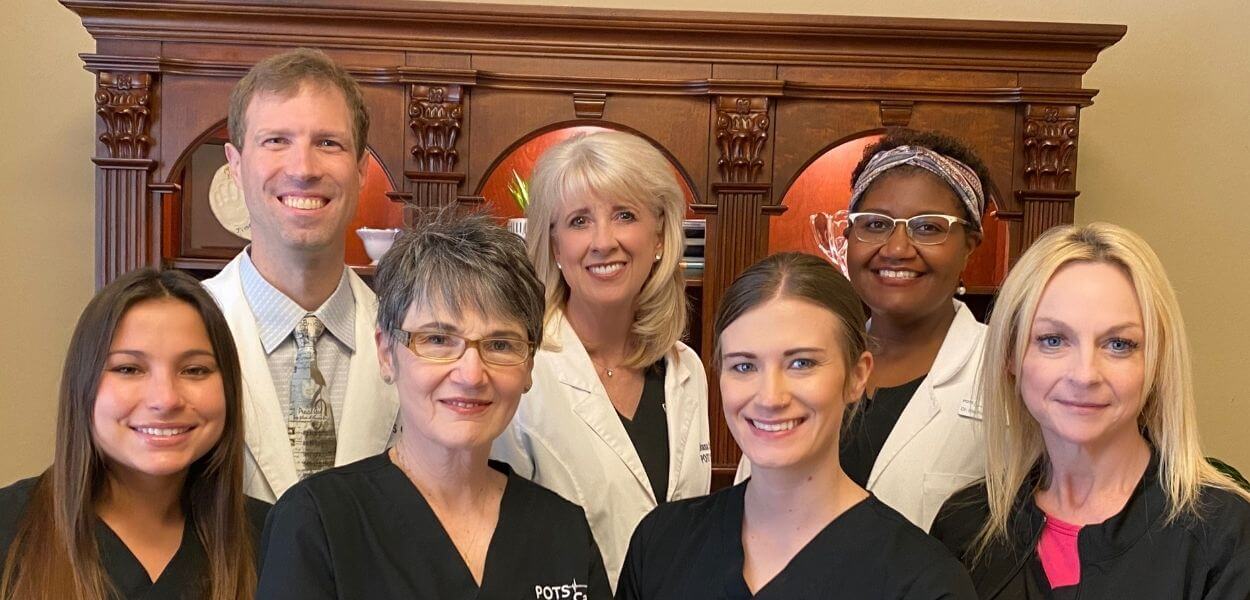POTS Syndrome can be easy to miss. Patients can sometimes suffer many years without properly being diagnosed.
1. Check The Symptoms of POTS
| Dizziness | Extreme Fatigue | Constipation/Gastroparesis | Brain Fog |
| Fainting | Mood Disorders | Sound Sensitivity | Headaches |
| Nausea | Shortness of Breath | Heat/Cold Intolerance | Flushing |
| Body Pain | Light Sensitivity | Fast Heart Rate | Tremors |
.
2. Do Some Testing
When standing still for about 10 minutes, does your heart rate increase? If so, it could be
POTS Syndrome. The gold standard for an official diagnosis of Postural Orthostatic
Tachycardia Syndrome (POTS) is a tilt table test. A positive diagnosis is made when your heart
rate increases by at least 30 beats per minute after a ten-minute tilt. Alternatively, you can
conduct a “poor man’s tilt table test” in your home that can give you a feel for your
tolerance to vertical posture.
- Lay down for approximately 5-10 minutes, Remain perfectly relaxed.
- Record your heart rate.
- Then stand up and hold very still.
- Record your heart rate after 5 minutes, and again at the 10-minute mark. Does it go up significantly?
3. Drop The Labels
Patients with POTS Syndrome are NOT hypochondriacs or anxiety patients. It’s not “all in their heads”. Their symptoms are REAL.
Living With POTS
POTS affects 1-3 million Americans. 1 out of every 100 teenagers is affected. POTS is most common in young women under 35 years old. This condition can affect daily activities such as eating, sleeping, standing, making plans, showering, and maintaining temperature. At POTS Care, we are dedicated to treating the underlying medical causes of POTS, not just the symptoms.
Post-COVID Longhaulers
Did you get COVID, but haven’t felt well since then? Do you have brain fog, fatigue, irregular heart rate or blood pressure? Does your heart rate tend to increase dramatically when you just stand up? You may have POTS caused by the virus.
You are not alone.
POTS can be triggered by COVID and other viruses. Some bacterial infections, physical or mental trauma, or high stress can also trigger this condition in those predisposed. Some patients are hypermobile(bendable), but not all. At POTS Care, we are intimately familiar with post-viral POTS. POTS Care is the only clinic dedicated to treating the underlying medical causes of POTS. COVID isn’t the cause of POTS — it’s the body’s abnormal response to the infection that is the cause of POTS. We dig deeply into every case to determine why the response was abnormal and address treatment from that direction. This is a total transformation in the treatment of POTS — something we call The Driscoll Approach™. Our Clinical Director, Dr. Diana Driscoll, was disabled by POTS for over ten years. Her research and personal suffering resulted not only in recovery but answers for others.
The Driscoll Approach™
POTS Care is the only clinic dedicated to treating the underlying medical causes of POTS, not just the symptoms. You can recover from POTS, but you cannot recover by simply treating the symptoms. Dr. Driscoll’s personal experience allows insight into symptoms that can be difficult for other doctors to understand.
The Driscoll Approach™ is a total transformation in POTS treatment. Every case of POTS is different — there are no cookie-cutter treatments at POTS Care. Instead, treatment is individualized utilizing the safest, lowest-risk methods possible.

